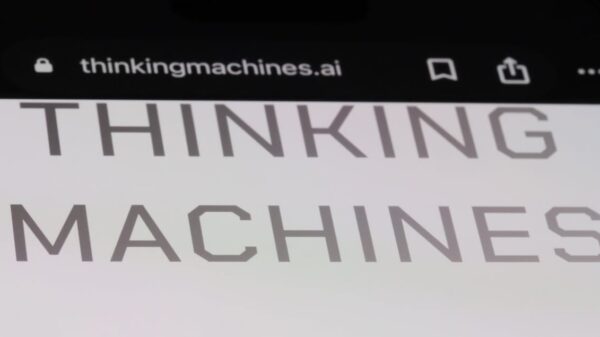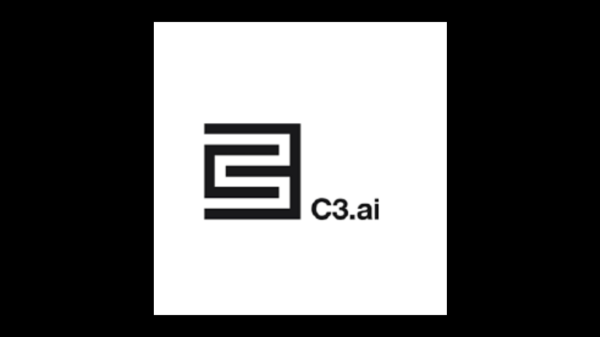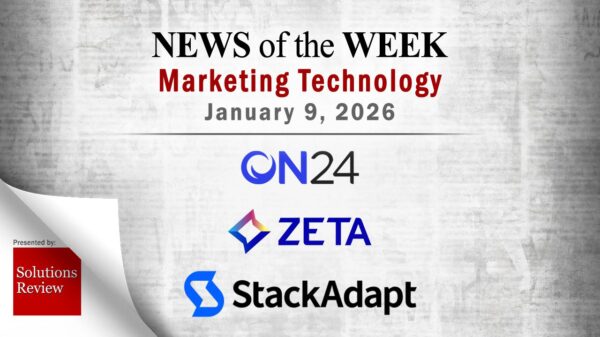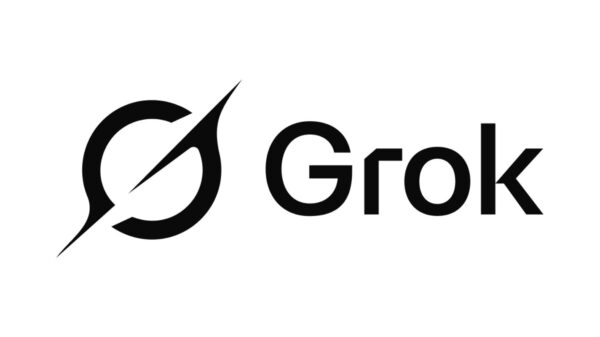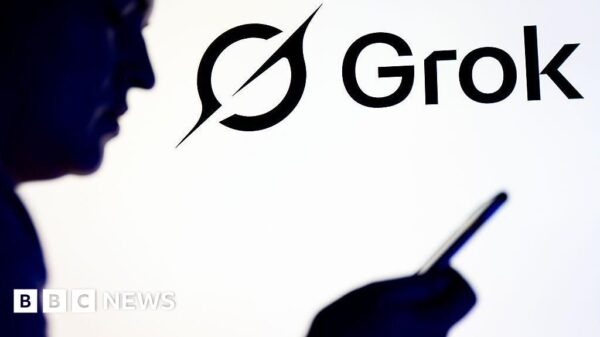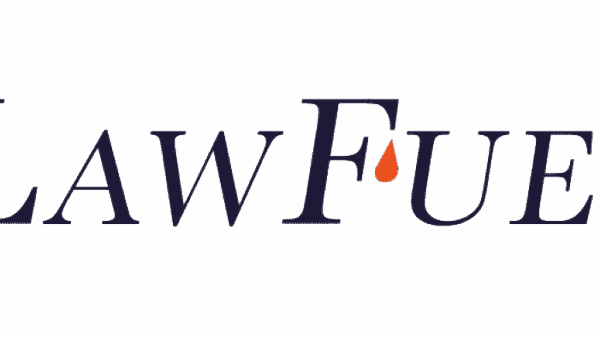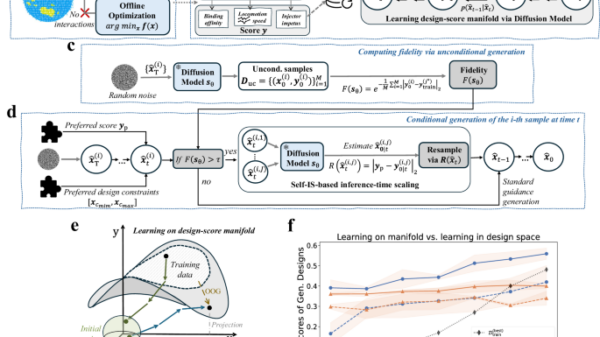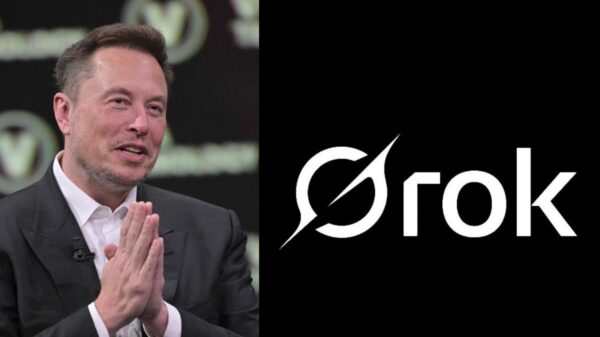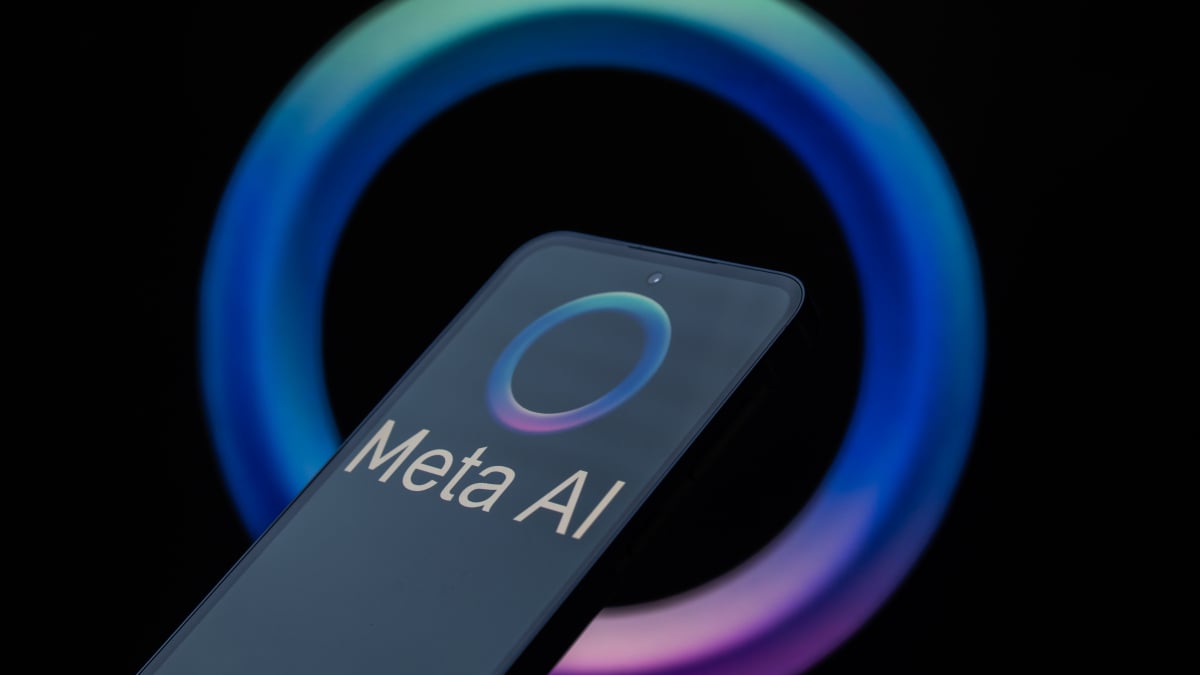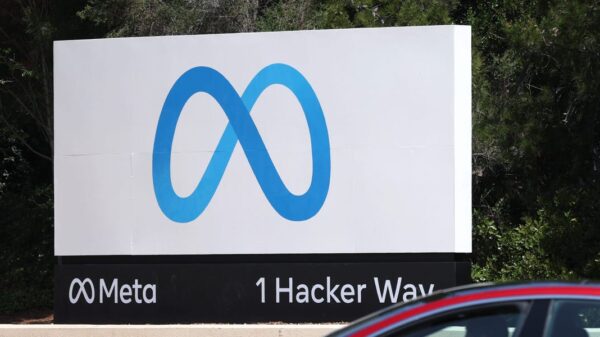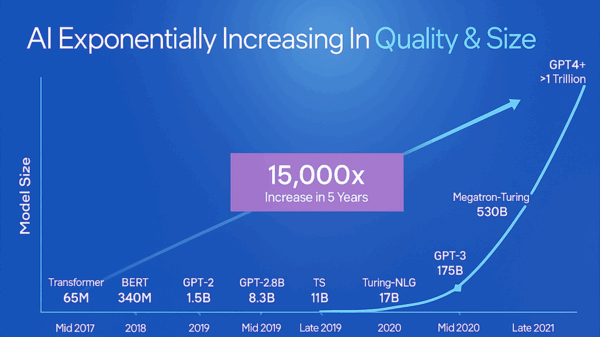Meta has recently moved to dismiss a lawsuit alleging that the company violated copyright laws by downloading thousands of adult films for the training of its AI systems. The lawsuit was initiated by adult film companies Strike 3 Holdings and Counterlife Media in July, claiming that they identified nearly 3,000 instances where Meta allegedly downloaded copyrighted videos using concealed IP addresses. This content was purportedly utilized to enhance Meta’s AI models, including Movie Gen and Llama.
The plaintiffs are seeking $359 million in damages and a permanent injunction against Meta’s usage of their materials. In response, Meta has denounced the claims as “nonsensical and unsupported,” asserting that the lawsuit represents an attempt to extort the company by making erroneous copyright assertions. Meta insists there is no evidence to support the notion that the downloaded videos contributed to the training of their AI systems.
According to Meta, the torrenting activity began in 2018, prior to the company’s exploration of multimodal models and generative video. The company maintains that the flagged videos were accessed intermittently, suggesting they were likely downloaded for personal use rather than for the purpose of training AI systems. In its legal motion, Meta argues that Strike 3 has failed to provide any substantial evidence to back its claims, stating, “The far more plausible inference to be drawn from such meager, uncoordinated activity is that disparate individuals downloaded adult videos for personal use.”
This is not Meta’s first encounter with copyright disputes related to AI technology. The company has faced several lawsuits from various authors whose works were allegedly used without permission to train models such as Llama. Moreover, Meta has been proactive in revising its chatbot policies, particularly after revelations that chatbots were allowed to engage in inappropriate conversations with minors, generating sexually suggestive content.
A Meta spokesperson stated, “We don’t want this type of content, and we take deliberate steps to avoid training on this kind of material.” This statement highlights the company’s commitment to addressing concerns surrounding the ethical implications of AI training data.
This ongoing legal battle underscores the broader issues surrounding copyright infringement in the realm of AI development. As companies like Meta push the boundaries of technology, the intersection of intellectual property laws and AI ethics remains a highly contentious area. The outcome of this case may set critical precedents for how AI companies navigate copyright issues in the future.
In summary, the lawsuit brought by Strike 3 Holdings and Counterlife Media against Meta raises significant questions about copyright protections in the rapidly evolving field of AI. As the legal proceedings unfold, the implications of this case could resonate throughout the tech industry, influencing how AI models are trained and the types of data that can be ethically utilized.
See also Fintech Revolution: Data, AI, and Regulation Drive New Era of Global Banking Innovation
Fintech Revolution: Data, AI, and Regulation Drive New Era of Global Banking Innovation France Investigates Elon Musk’s Grok AI for Promoting Holocaust Denial Claims
France Investigates Elon Musk’s Grok AI for Promoting Holocaust Denial Claims Perplexity Launches AI-Powered Comet Browser for Android with Voice Assistant Features
Perplexity Launches AI-Powered Comet Browser for Android with Voice Assistant Features Master AI for School Success: Essential Dos and Don’ts for Students in 2023
Master AI for School Success: Essential Dos and Don’ts for Students in 2023











